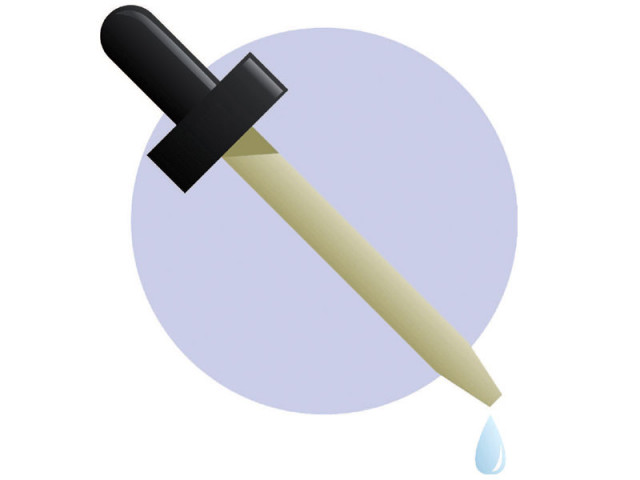The polio scourge
Vaccination campaigns in insurgency hit areas have repeatedly had to be postponed or cancelled.

This is no small setback. It is a huge blow which means dozens of children may end up paralysed for life. Polio has also surfaced in districts, including those in Balochistan, where no case had been recorded for years. In response to the emergency situation, the president, with the aid of international aid groups, has been attempting to work out an emergency response plan.
If we are to regain a toehold in the war on polio, several things need to be done. The most critical among these is understanding what has gone wrong, so that steps can be taken to avoid such pitfalls. Some of these are well known. Vaccination campaigns in insurgency hit areas have repeatedly had to be postponed or cancelled. Even when they do take place, local people report that vaccination teams rarely move outside major centres. They cannot be blamed for this, given cases of kidnapping or even murder in the past. Still more disturbing is the report by the National Institute of Health which states that poor handling and storage may have rendered some of the oral vaccine ineffective. At least some of the cases of polio which have surfaced are among vaccinated children.
More innovative means to deliver the drops to children in remote and potentially unsafe communities are reportedly being developed, with villagers trained to administer the vaccine themselves. Other steps need to be taken and administrative loopholes closed so that Pakistan can join the list of countries that have won their battle against polio.
Published in The Express Tribune, March 21st, 2011.















COMMENTS
Comments are moderated and generally will be posted if they are on-topic and not abusive.
For more information, please see our Comments FAQ